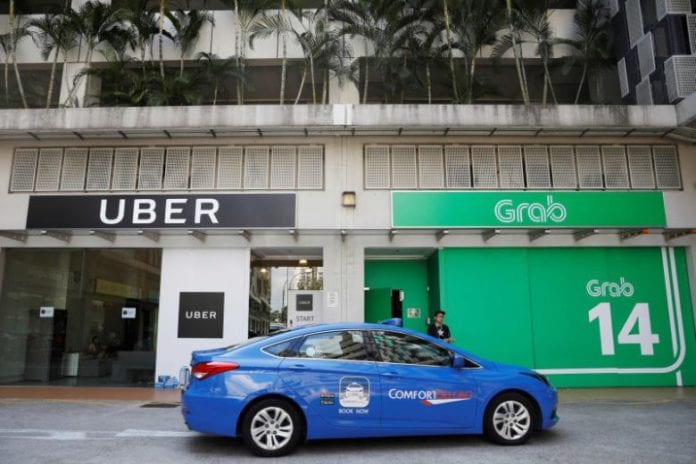
Ride-hailing firm Uber has sold its Southeast Asian operations to Grab. It is said to be the biggest deal of its kind in the region.
Grab announced on Monday that they are indeed acquiring Uber’s operations in SouthEast Asia in an undisclosed amount.
The Singapore-based company will now hold 27.5 percent stake in the combined business. Their operations and assets cover Singapore, the Philippines, Malaysia, Indonesia, Cambodia, Thailand, Vietnam and Myanmar.
Uber services will still be available in Southeast Asia for two more weeks until April 8, 2018. Following this, users will have to download Grab’s app in order to book rides.
“We are humbled that a company born in SEA has built one of the largest platforms that millions of consumers use daily and provides income opportunities to over 5 million people,” Anthony Tan, group CEO and co-founder of Grab, said in the statement.
“Today’s acquisition marks the beginning of a new era. The combined business is the leader in platform and cost efficiency in the region,” he adds.
Uber’s chief executive, Dara Khosrowshahi, meanwhile, will be joining Grab’s board.
Khosrowshahi maintains that the deal will “help them double down on our plans for growth as we invest heavily in our products and technology”.
This is the third exit that Uber has done on their operations outside of the US. It previously combined their Russia operations with Yandex and more recently, sold its China business to rival Didi Chuxing.
In emails sent to staff in the Uber Newsroom, Khosrowshahi assures them that they are not in a consolidation path.
“One of the potential dangers of our global strategy is that we take on too many battles across too many fronts and with too many competitors. This transaction now puts us in a position to compete with real focus and weight in the core markets where we operate, while giving us valuable and growing equity stakes in a number of big and important markets where we don’t.”
















